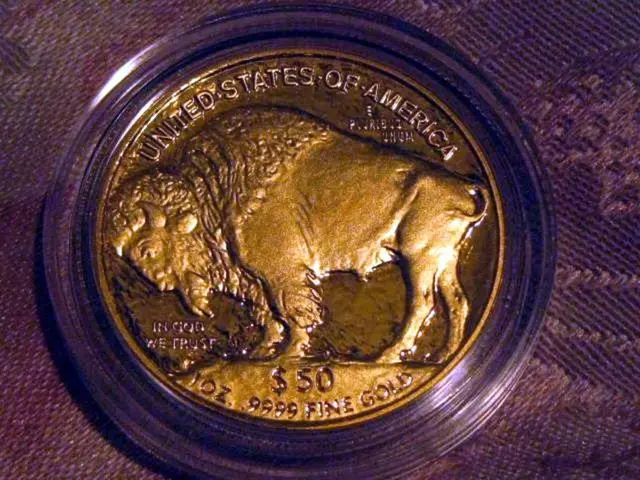Critics Slam Reduced Gas Tax - "Policy Built on the Whims of a Drum"
"Hey there! So, here's the skAss you need to know. Jens Südekum, a member of the Federal Ministry of Economics' Scientific Advisory Board, had a thing or two to say about the German government's latest move. In an interview with Reuters, he called it an "oopsie" and a "step in the wrong direction." What's the deal, you ask? Well, instead of allowing price signals to work their magic and easing burdens for folks with modest incomes, the government chose to slash the Value-Added Tax on gas from 19 to 7 percent by March 2024. But, it seems that's a bit like putting a band-aid on a broken leg, according to Südekum.
Why? Well, for one, it somehow benefits the wealthier folks, a group the government isn't currently able to help out. Furthermore, it reduces incentives to conserve gas. "Correct change, wrong move," he said. Chancellor Scholz had initially announced this move as a way to ease the burden on citizens facing hefty energy costs.
Economists Jörg Krämer, chief economist at Commerzbank, and Michael Holstein, chief economist at DZ Bank, seem to be on the same page with Südekum. They argue that the government would've created stronger motivations to conserve gas if it had offered citizens financial aid directly rather than through reduced gas prices. Holstein even reminded us of the pricey fuel discount fiasco, stating that direct aid to households with lower incomes is more effective during tough economic times. "That's what the social market economy is all about, especially in a crisis," he added.
Now, let's take a look at some issues raised by this move. Critics point out that this temporary VAT reduction might not offer substantial long-term benefit and could escalate inflation. Additionally, the relief may lean more towards wealthier households that consume more energy instead of those who need it the most. Sometimes, it's better to target relief specifically rather than putting a cape on a tiger.
Environmentalists aren't thrilled either. Reducing the VAT on gas could prolong our reliance on fossil fuels, slowing the progress towards a greener future. Don't we want to save the planet and our wallets? Alternatives might include offering targeted subsidies, green tax incentives, or focusing on structural reforms to boost the adoption of renewable energy sources and improve energy efficiency.
So, there you have it! Lip service or legit action? That's the question. Let's hope our policymakers are listening and taking notes."
- The temporary VAT reduction on gas, as a means to ease energy costs for citizens, has sparked debates among economists and environmentalists, with critics suggesting that it might not provide significant long-term benefits, could escalate inflation, and disproportionately benefit wealthier households.
- Experts like Jens Südekum, Jörg Krämer, and Michael Holstein believe that direct financial aid to households with lower incomes would have been more effective in conserving gas and reducing burdens during tough economic times, rather than relying on reduced gas prices.




